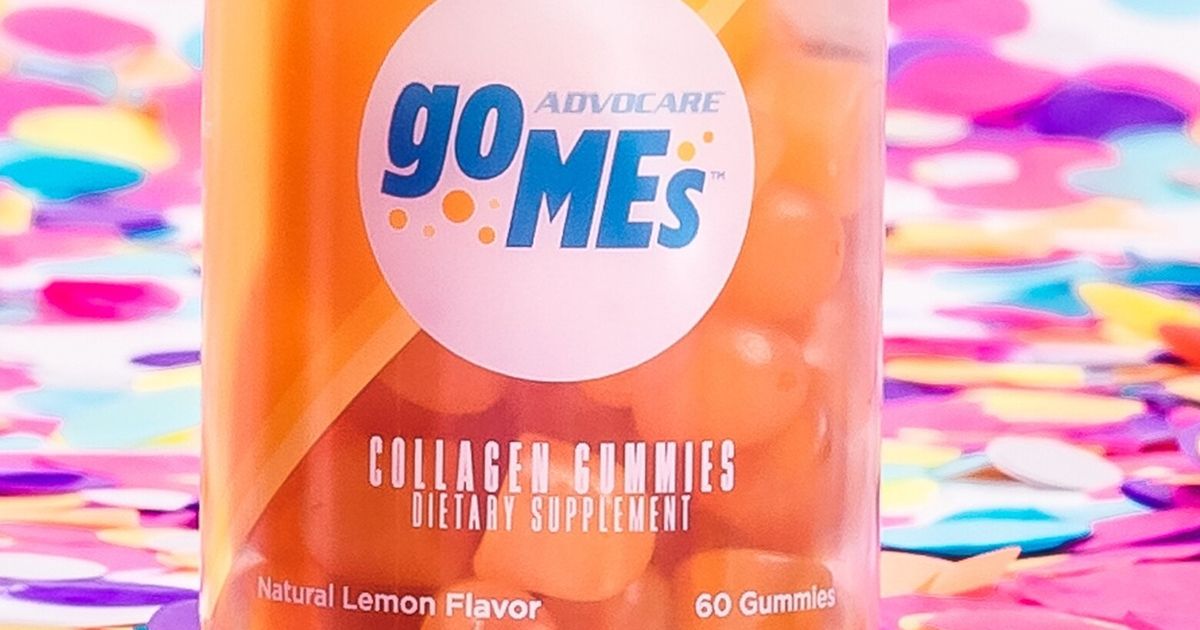
On Nutrition
The supplement industry is worth about $35 billion per year in the U.S., with a respectable chunk of that coming from sales of collagen pills, gummies, powders and beverages. Much of the hype around collagen supplements comes from claims that it can improve gut health, reduce joint pain, reduce signs of skin aging, and make hair and nails stronger and shinier. But does the science match the hype?
Collagen is a family of at least 30 different proteins that act as building blocks for skin, hair, nails, cartilage, tendons and other body tissues — collectively, collagen accounts for about one-third of the protein in the human body. Specialized cells in our bodies make collagen from amino acids in the protein-rich foods we eat, but this production starts slowing down in our 20s and is not-so-coincidentally associated with visible skin aging. Excess sun exposure, smoking, environmental pollution, alcohol abuse and a diet low in vegetables and fruits can also inhibit collagen production (hint, hint).
When you take a collagen supplement, that collagen probably comes from cow, pig and fish parts, such as tendons, skin and bones. When treated with heat, collagen becomes gelatin, and most supplemental collagen has been further broken down — hydrolyzed — into short chains of amino acids called peptides.
The pressure to look forever young is real, and some small, short-term studies — mostly industry-funded — have suggested that collagen supplements can improve skin hydration and elasticity, at least temporarily. However, it’s not clear what dose of collagen is needed, and many products contain other ingredients, such as the antioxidant vitamins C and E, that could be responsible for any observed skin benefits.
Collagen supplementation has also grown in popularity for supporting gut health, with the claim that it can make your intestinal lining less permeable. But despite countless internet influencers saying that collagen can “heal and seal” or “fix” leaky gut, there simply is no solid evidence to support that claim. What little evidence there is comes from research on animals, not on humans.
Looking at osteoarthritis, some randomized placebo-controlled trials have found that collagen supplements can decrease joint stiffness, but don’t seem to affect pain or functional limitations. You may have seen collagen powders touted as a protein boost post-workout or in your morning coffee, but unlike soy or whey protein powders, collagen doesn’t contain all the amino acids your body needs. In fact, when collagen is compared head-to-head with whey protein, whey protein is the clear winner for supporting growth and repair of muscle after exercise.
There’s a fundamental flaw in the idea that ingesting collagen directly benefits parts of your body that contain collagen. Basically, when you ingest protein — whether from a collagen supplement, a salmon fillet, a chicken breast, some tofu or a bowl of chili — your digestive system breaks down that protein into amino acids, the building blocks of protein. Your body then draws from its pool of amino acids to build new proteins as needed. Those new proteins might go to your skin, hair, nails or intestinal lining — or they might be used to build muscles, bone, blood cells, digestive enzymes, antibodies and hormones. Every single cell in your body has some protein, and you don’t get to direct where the protein you ingest goes.
The bottom line is that collagen supplements appear to be safe — although there have been some isolated issues with contamination with lead or other heavy metals — so take them if you want, but know that the claims far exceed any actual evidence.


More Stories
Southwest’s epic holiday meltdown could cost it $825 million
From orphans to best friends, Woodland Park Zoo welcomes new bear cubs
Tacoma zoo welcomes new Sumatran tiger